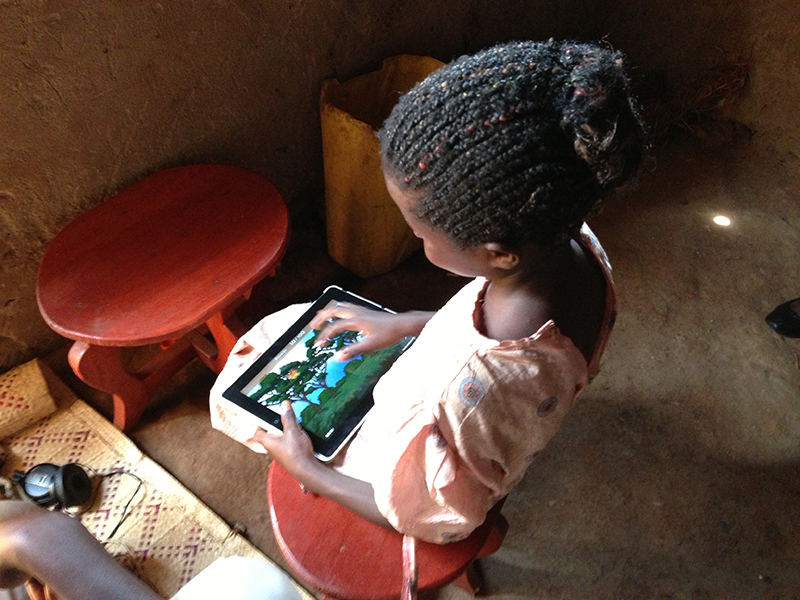
Researchers at Michigan State University in East Lansing have designed a game that helps sub-Saharan African children who have suffered cognitive impairment after life-threatening diseases such as HIV and Malaria.
The project, known as Brain Powered Games, rehabilitates and provides computer-based assessments of affected African children. The games were first released in 2013 and serve as a tool for computerized cognitive rehabilitation therapy.
“The Brain Powered Games are a series of games that (children) can play that exercise different cognitive functions, like memory or attention or fine motor skills,” says Brian Winn, professor and director of the Games for Entertainment and Learning Lab in the College of Communication Arts and Sciences.
With support from the National Institutes of Health, MSU researchers will serve children in Uganda, Malawi, and other African countries. Malaria and HIV can lead to memory loss, neurological damage, brain injury, behavioral issues, and epilepsy. People in African areas with scarce resources are working with MSU researchers and a team of interventionists to learn how to play the games.
According to the National Institutes of Health, more than 575,000 cases of cerebral malaria occur every year, with most occurring in children in sub-Saharan Africa.
“A lot of the money goes to actually funding the African team that’s on the ground, doing the cognitive rehabilitation and working with the kids,” says Winn. “It was great to go there and actually do a pilot. We found out issues that we didn’t even realize would be issues until we went there.”
Previous recovery methods ranged from prescription drugs to educational flash cards, but they were not created with the sub-Saharan African culture in mind. Brain Power Games proves to be more effective.
“This was introduced as a different approach,” says Winn. “There was another set of commercially available games that were also used, but they were expensive and not always suitable for this population — and not culturally sensitive or related to the culture.”
Winn says some villages that don’t have running water have internet.
Available on both PC and Mac computers, the game software has built-in technology to track a child’s growth over time. In fact, it is the first project to provide an effective assessment of cognitive development in affected African children.
“The kids loved the games and quickly adapted to them,” says Michael Boivin, director of MSU’s Psychiatry Research Program. “With the help of an MSU intramural grant in 2012, we were able to develop the first version of an African version of BPG. In a subsequent clinical trial that we published in Global Mental Health, we presented evidence that Africa BPG was effective in improving attention and working memory in rural Ugandan children living with HIV.”











